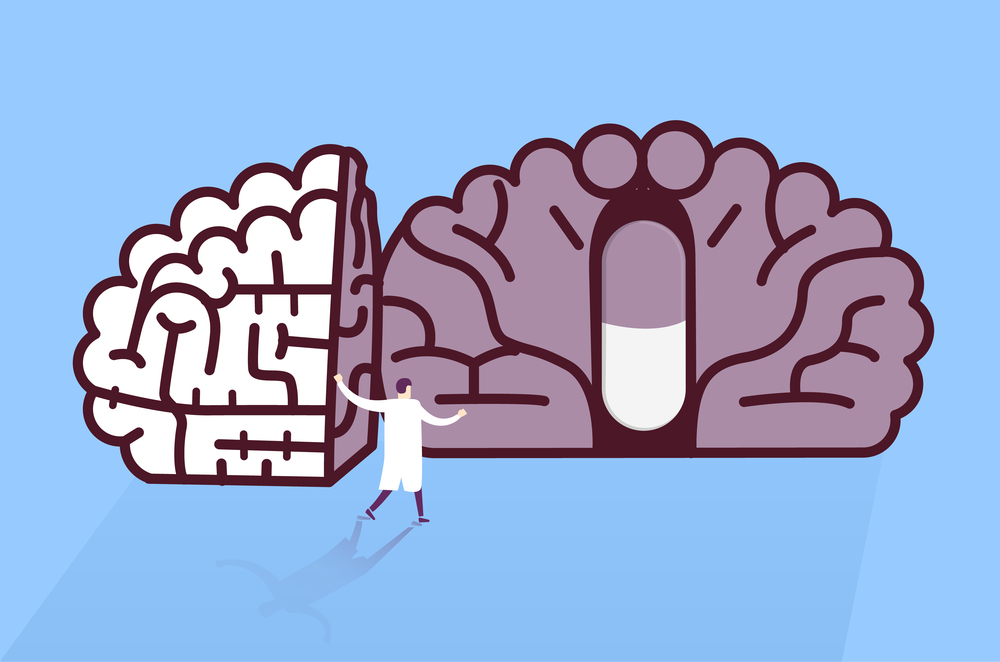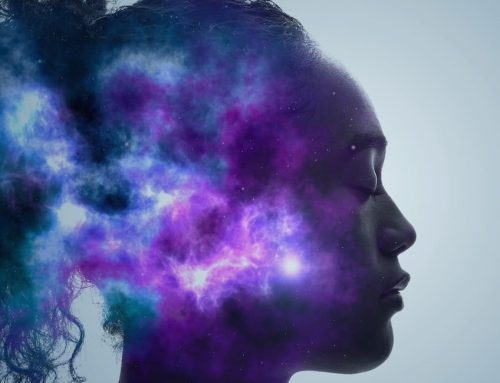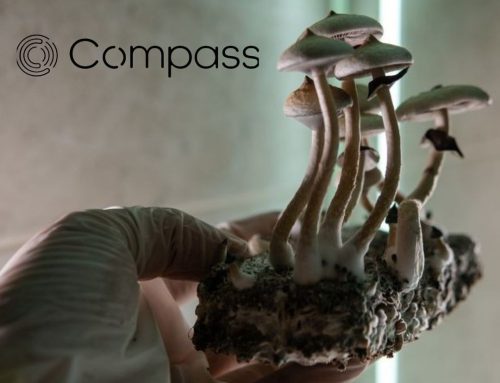Cannabis in Psychedelic Therapy: Potential and Precautions
LOS ANGELES- The integration of cannabis into psychedelic-assisted psychotherapy is gaining attention as a potential treatment for various mental health conditions, including post-traumatic stress disorder (PTSD), depression, and anxiety. This approach involves administering cannabis in controlled settings, often accompanied by therapeutic guidance, music, and specific lighting to facilitate introspection and emotional processing. Some practitioners report that certain cannabis strains can induce experiences comparable to those elicited by traditional psychedelics like psilocybin or MDMA.
Therapeutic Applications and Considerations
In therapeutic contexts, cannabis is utilized to assist patients in exploring traumatic memories and emotional challenges. The substance’s effects are influenced by factors such as dosage, strain composition, and the individual’s psychological state. Therapists emphasize the importance of a supportive environment and professional supervision to maximize benefits and mitigate risks.
Risks and Limitations
Despite its potential, the use of cannabis in psychedelic therapy is not universally appropriate. Mental health professionals caution that individuals with a history of psychosis, schizophrenia, or certain mood disorders may experience adverse effects, including exacerbated symptoms or new-onset psychosis. High doses of tetrahydrocannabinol (THC), the primary psychoactive component in cannabis, have been linked to transient psychotic episodes and cognitive impairments.




































